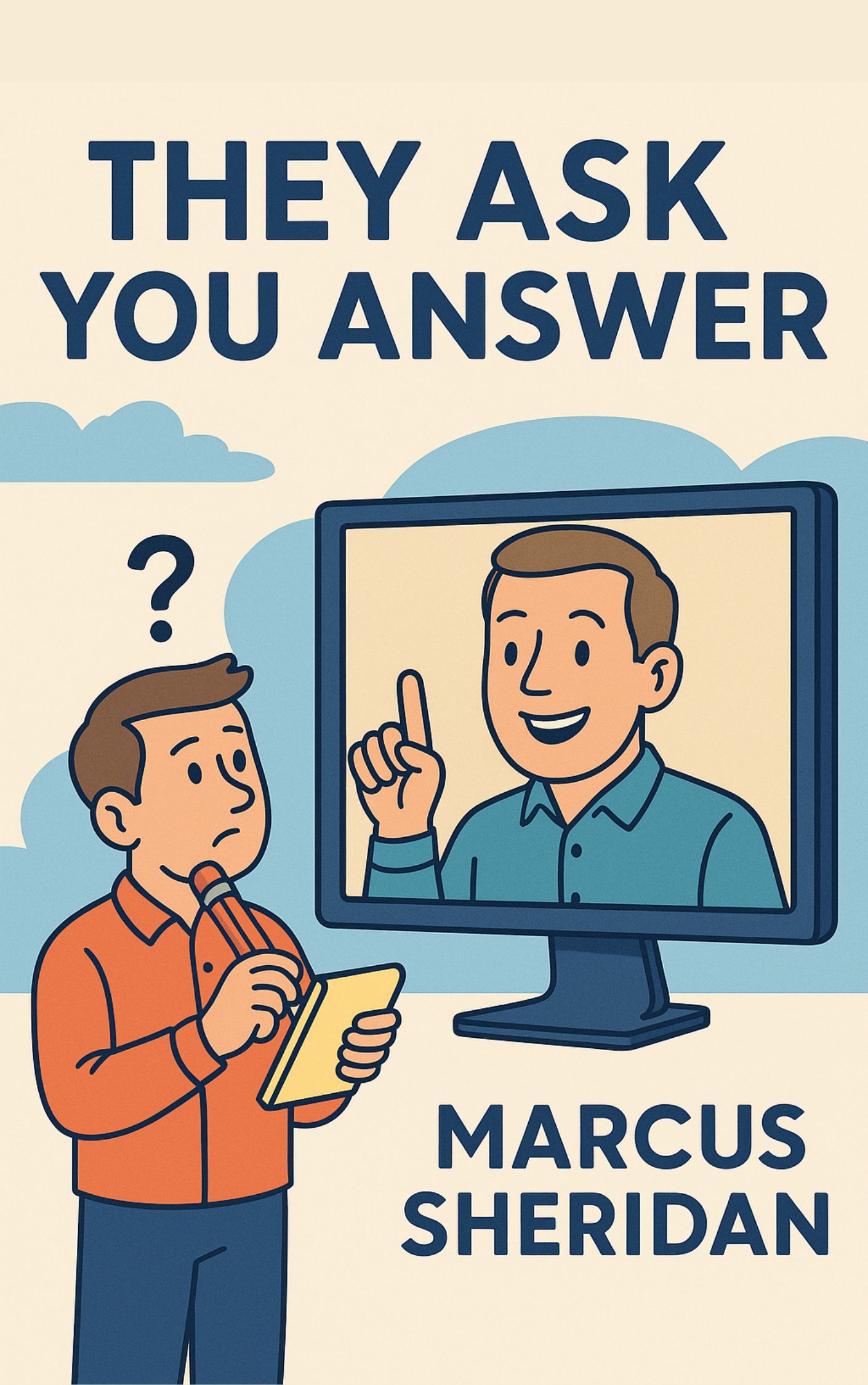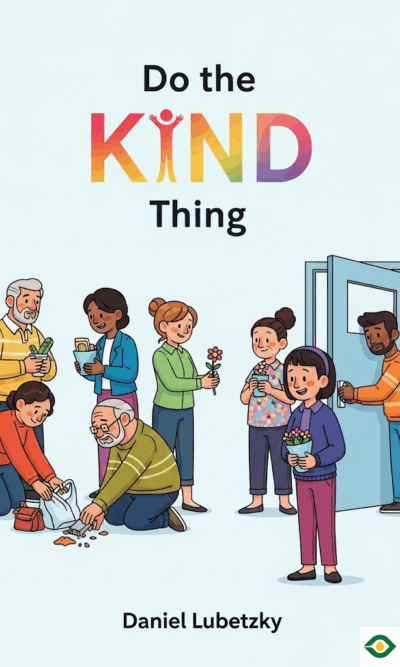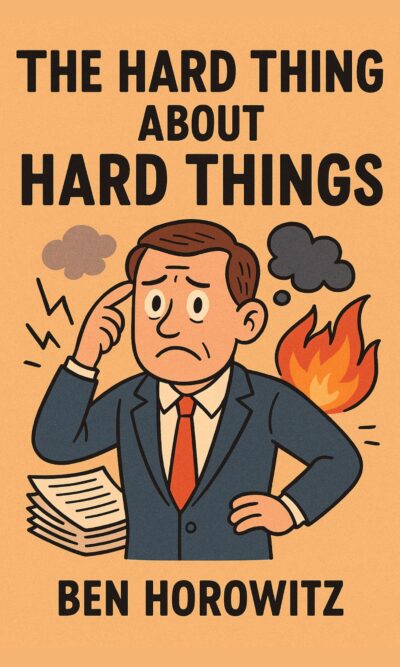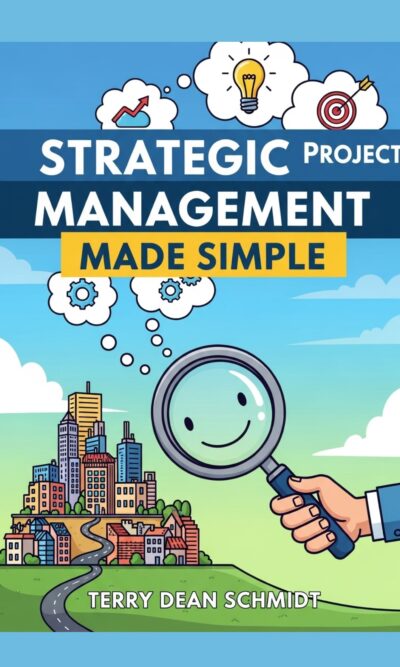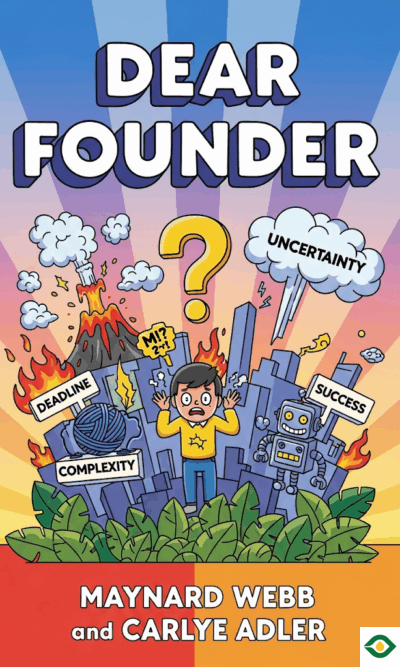Description
The way people buy things has changed forever. In the past, we relied on advertisements, salespeople, or recommendations from friends to guide us. Today, before talking to any company, most of us spend hours searching online, comparing products, reading reviews, and watching videos. By the time we reach out to a business, we already know what we want—or at least we know the questions we need answered.
This is the world Marcus Sheridan speaks about in They Ask You Answer. His core idea is simple but powerful: if customers have questions, businesses must answer them with complete honesty. Instead of hiding information, pushing products, or relying on flashy ads, companies should focus on being the most trusted teacher in their industry. When businesses take this role seriously, they build confidence, reduce fear, and earn long-term loyalty.
The starting point is fear. At the heart of every buying decision is a set of worries. People are afraid of wasting money, making the wrong choice, or being taken advantage of. For example, when someone thinks about buying a swimming pool, they wonder: Will it fit my space? Will it cost more than I expect? Will it break down and need expensive repairs? The smart business is the one that addresses these fears upfront. Instead of ignoring hard questions, it provides clear, honest answers. When a company educates customers before they even pick up the phone, it wins trust and removes doubt.
A good example of this is CarMax, the used-car retailer. Buying a used car is stressful. Many people fear dishonest dealers, hidden problems, and pushy sales tactics. CarMax built its success by removing these fears one by one. It introduced fixed pricing so no one had to haggle. It gave salespeople the same commission on every car so customers wouldn’t be pressured into buying the most expensive option. Most importantly, it added a five-day money-back guarantee, giving customers time to feel secure in their choice. By putting customer concerns first, CarMax grew into the largest used-car seller in the United States.
So what exactly do customers look for when they research online? Sheridan points to four main factors. First, people want clear pricing. Few things frustrate buyers more than websites that hide costs or force them to call for quotes. Second, customers want honesty about pros and cons. A company that openly admits the weaknesses of its product is far more believable than one that only lists strengths. Third, buyers want comparisons. They don’t just want to know if a product is good—they want to know how it stacks up against alternatives. And fourth, people rely on reviews, both positive and negative, to see real experiences. When businesses speak openly about all these factors, they show they have nothing to hide.
Unfortunately, many companies get their priorities wrong. Instead of listening to customers, they focus too much on competitors or on people who were never a good fit for their product. The danger here is losing touch with loyal buyers. Blockbuster is a classic case. While customer behavior shifted toward online rentals and streaming, Blockbuster stayed focused on its old model and worried about rivals rather than adapting to its audience. Netflix listened; Blockbuster ignored. The result is history.
One of the most effective strategies for modern businesses is something Sheridan calls assignment selling. This means giving customers educational materials—articles, videos, guides—before meeting with them. By the time they talk to a salesperson, they already know whether the product is right for them. This saves time for both sides. Sheridan shares a story of a potential customer who read over 300 pages of pool content on his company’s website before even reaching out. When the first conversation happened, the deal was almost complete. That’s the power of education.
Education is at the heart of this philosophy. People type questions into search engines every day: “What’s the best laptop for students?” or “How do I repair a roof leak?” The companies that answer these questions clearly, without pushing a sale, are the ones that win trust. Take Health Catalyst, for example, a company that helps hospitals reduce waste. When it began, there was little information about its field online. Instead of waiting for someone else to explain, Health Catalyst filled the gap by publishing educational articles, hosting webinars, and running events focused on learning. By teaching instead of selling, it became a leader in its industry.
Video is another powerful tool. More than ever, people want to see and hear before they buy. Watching someone explain a product, demonstrate how it works, or answer common questions feels more authentic than reading a brochure. Videos also save time. Many customer service questions are the same, so instead of answering them over and over by phone or email, a company can create a helpful video that’s always available. Sheridan suggests that businesses shouldn’t outsource video production to fancy marketing agencies. Instead, real employees should appear on camera. This makes the company more human, approachable, and trustworthy.
The way companies communicate is also changing. Customers now expect instant responses. They don’t want to wait days for an email. They prefer live chat, social media messages, or quick replies that feel natural. This is what Sheridan calls conversational marketing. The goal is not polished speeches but fast, human communication. People care less about perfect wording and more about feeling heard right away. Businesses that adapt to this style of communication make the buying process easier and more comfortable.
The overall message of They Ask You Answer is that the power in the buying process has shifted completely. Customers hold the control. They can research on their own, compare options, and walk away if they don’t like what they see. The job of a modern business is not to push harder but to teach better. The companies that answer questions openly, educate with care, and remove friction from the process will succeed. The ones that cling to old habits—hiding prices, ignoring concerns, copying competitors—will slowly fade away.
In simple terms, the book is about trust. When customers trust you, they buy from you. When they feel informed, they feel confident. And when they feel confident, they not only purchase once but return again and again. Honesty is not just good morals—it is good business.

